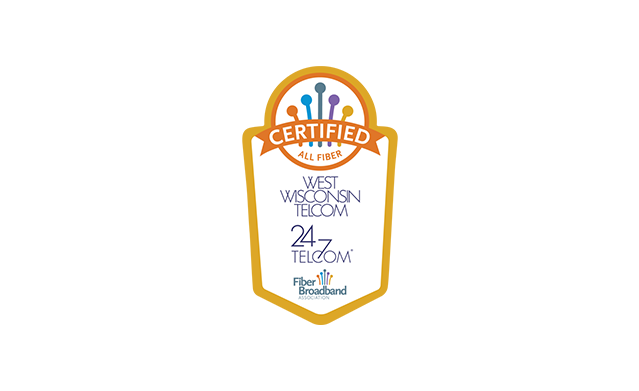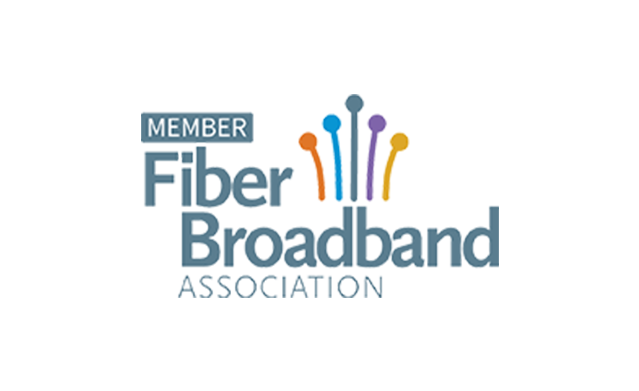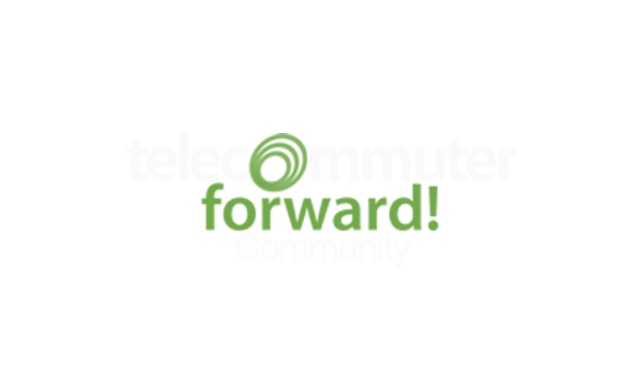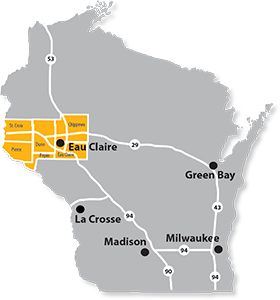How to Set Up Guest WiFi for Your Business Without Risking Security
As customer expectations evolve, secure guest WiFi for businesses has shifted from a nice-to-have perk to an essential service, especially in public-facing industries. Whether you’re running a coffee shop, salon, clinic, or coworking space in West Wisconsin, chances are your customers expect reliable internet access as part of their experience. But here’s the catch: offering guest WiFi without proper security can open the door to cybersecurity threats, data breaches, and even legal liabilities.
In this article, we’ll walk you through the essentials of setting up secure guest WiFi for businesses so you can keep your customers happy and your internal systems protected.
Why Guest WiFi Is a Business Essential Today
In an age of digital convenience, free WiFi has become a customer expectation. People want to check emails while sipping their latte, stream music at the gym, or look up their insurance provider while waiting at the dentist’s office. Businesses that offer a guest WiFi signal that they value customer comfort, and that can translate into longer visits and repeat business.
But without the right precautions, unsecured guest WiFi can create serious risks, such as exposing sensitive customer data and internal business systems to cyber threats. For many small businesses across West Wisconsin, the challenge is finding a balance between accessibility and safety.
Who Needs Guest WiFi?
So, who needs guest WiFi? The answer: nearly every business that invites customers to wait, relax, or work on-site. Guest WiFi isn’t just about convenience; it can also be a strategic tool for improving customer satisfaction, collecting marketing data, and differentiating from competitors.
Common Business Types That Should Offer Guest WiFi
- Coffee shops & cafés
- Restaurants & bars
- Retail stores & boutiques
- Salons & barbershops
- Dental & medical offices
- Auto repair shops
- Gyms & fitness studios
- Hotels & resorts
- Co-working spaces
- Local government offices and libraries
If you’re a small business owner in West Wisconsin, your customers likely already expect internet access. Failing to provide it may drive them to competitors who do.
Risks of Offering Unsecured Guest WiFi
While offering free WiFi can improve customer experience, doing so without proper safeguards opens up a Pandora’s box of cybersecurity issues:
- Malware injection: Hackers can distribute malicious software through unsecured networks.
- Man-in-the-middle attacks: Cybercriminals can intercept and alter communications between the user and websites.
- Unauthorized access to internal systems: Without network segmentation, attackers might gain access to POS systems, employee devices, or sensitive records.
In addition to technical threats, businesses also face legal and compliance risks. If customer data is compromised, you could face repercussions under laws like HIPAA or PCI-DSS, especially if you’re in healthcare or retail. Moreover, a data breach can erode customer trust and damage your reputation.
What Makes Guest WiFi “Secure” for Businesses?
Let’s break down what secure guest WiFi for businesses really looks like. A secure setup ensures that customers can browse safely while your internal systems stay isolated from public traffic. Using dual WiFi networks is a smart way to ensure your guest traffic remains completely isolated from internal business systems and data. Key features include:
- Network segmentation: Creating a completely separate guest network from your internal one.
- WPA3 encryption: Or at minimum, WPA2, which offers a higher level of data security.
- Bandwidth or time limits: Prevents misuse and ensures fair access.
- Captive portals or rotating credentials: Avoids shared passwords that can be easily leaked.
Secure vs Unsecure Guest WiFi Features
| Feature | Secure Guest WiFi | Unsecured Guest WiFi |
| Network Segmentation | ✅ | ❌ |
| Password Protected | ✅ | ❌ |
| Encrypted (WPA3/WPA2) | ✅ | ❌ |
| Traffic Monitoring | ✅ | ❌ |
| Limits on Usage | ✅ | ❌ |
Step-by-Step: How to Set Up Secure Guest WiFi for Businesses
Setting up secure guest WiFi for businesses doesn’t have to be a technical nightmare. Follow these five steps for a safer, smoother experience:
Step 1 – Choose a Dual-Band Router with Guest Network Support
Start by selecting a business-grade router that supports dual networks (2.4 GHz and 5 GHz) and allows you to set up a separate SSID for guests. For businesses in West Wisconsin, 24-7 & West Wisconsin Telcom can recommend and install professional-grade routers tailored to your needs. Offering seamless guest connectivity starts with speed. Learn how gigabit internet boosts both customer and business performance.
Step 2 – Segment the Network
Use VLANs (Virtual Local Area Networks) or separate SSIDs to isolate guest traffic from your internal business systems. This ensures that customers can’t access sensitive devices like POS terminals or employee computers.
Step 3 – Enable WPA2/WPA3 Encryption & Use a Captive Portal
Always encrypt your guest WiFi using WPA2 or WPA3. Adding a captive portal, such as a login page that users must pass through, adds an extra layer of control and reduces liability by displaying terms of use.
Step 4 – Set Data Caps & Time Limits
Setting limits helps you manage your business internet data caps, which is especially crucial for rural businesses with restricted bandwidth. Restrict usage to prevent abuse and ensure availability for everyone.
Step 5 – Monitor Usage and Keep Software Updated
Install traffic monitoring tools to watch for suspicious activity. Regularly update your router’s firmware to patch vulnerabilities. 24-7 & West Wisconsin Telcom can manage this entire process for you.

How Secure Business Wi Fi and Guest WiFi Work Together
Your internal WiFi network is the backbone of your operations, connecting employee devices, payment systems, printers, and more. Mixing guest and internal traffic is risky.
Secure setups rely on basic network architecture principles:
- Firewalls to block unauthorized access
- VLANs to segregate networks
- Traffic prioritization so internal needs always come first
Think of your WiFi like a building: your guests should enjoy the lobby, not roam the back offices. For long-term scalability and performance, fiber internet is the most future-proof option for businesses and this is why it matters.
Local Tip: Internet Plans and Data Caps in Rural Wisconsin
In rural areas like West Wisconsin, business internet data caps can present challenges when offering guest WiFi. Streaming, gaming, or even large downloads by guests can quickly drain your monthly limit. Understanding how data caps work and how to avoid overage fees is critical when offering guest WiFi. This guide breaks down what business owners in rural areas need to know.
Here are some tips to stay ahead:
- Choose plans with high or unlimited data caps.
- Throttle speeds for guests once a threshold is hit.
- Monitor usage to identify bandwidth hogs.
24-7 & West Wisconsin Telcom understands the unique needs of rural businesses and offers tailored solutions that include high-cap data plans and usage controls.
Secure Guest WiFi Is a Smart, Safe Move for West Wisconsin Businesses
At the end of the day, providing guest WiFi doesn’t have to come at the cost of your business’s security. With the right tools and setup, any organization can offer secure guest WiFi for businesses that keeps both customer and company data safe.
If you’re unsure where to start, 24-7 & WWT can help you assess your current setup, install secure dual networks, and offer ongoing support. It’s a small investment that pays off in customer satisfaction, brand trust, and peace of mind.
Explore 24-7 & West Wisconsin Telcom’s business internet options for tailored plans that fit your security, speed, and budget requirements. Let your guests connect confidently, without compromising your business.





